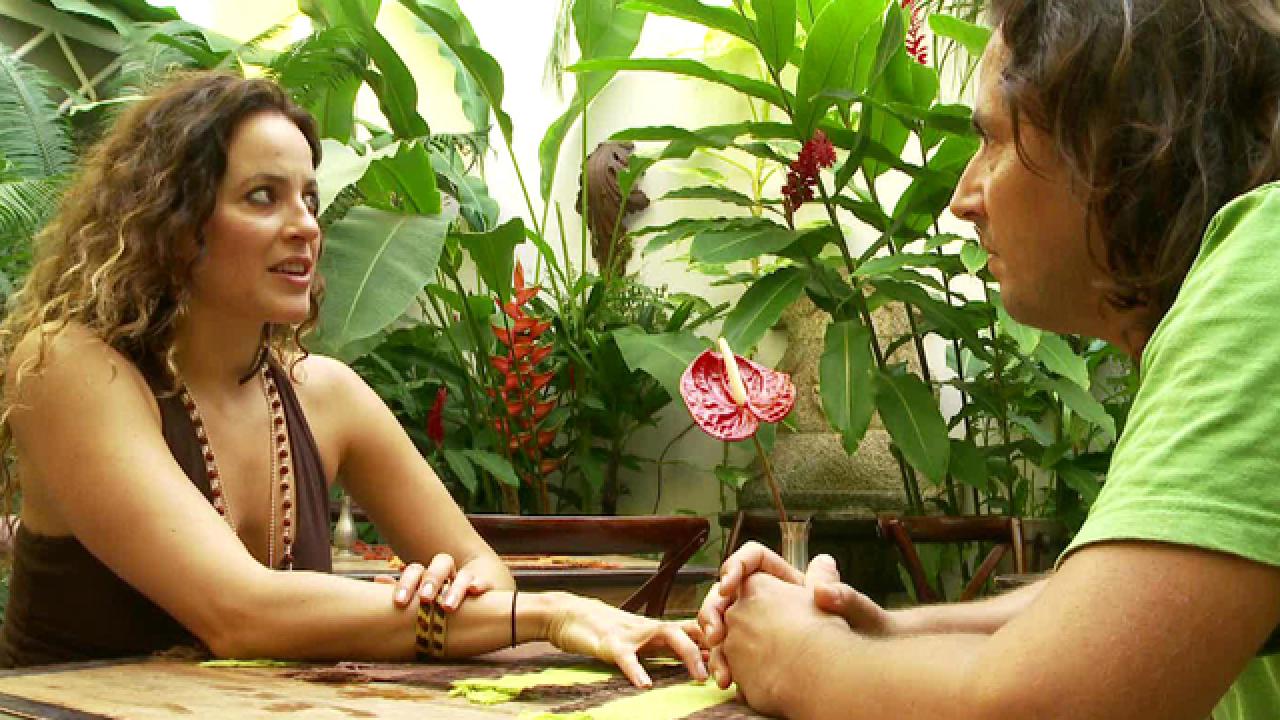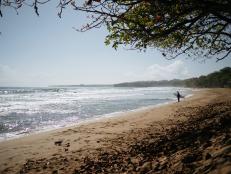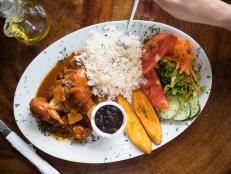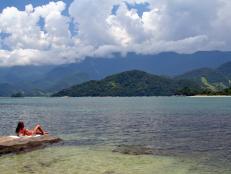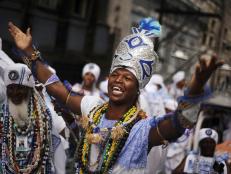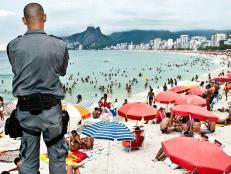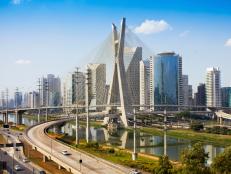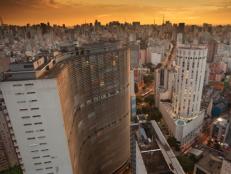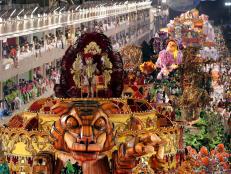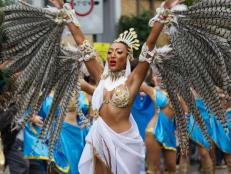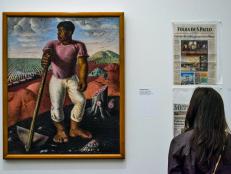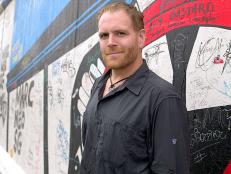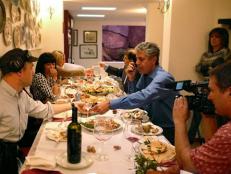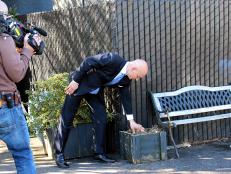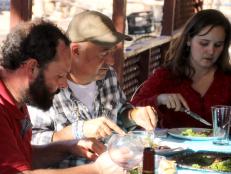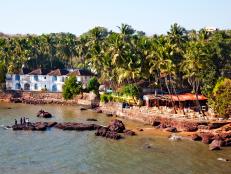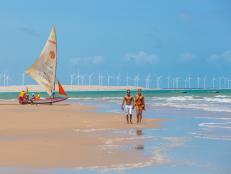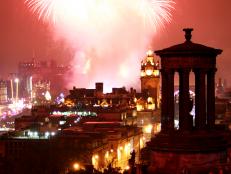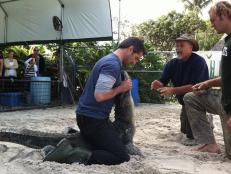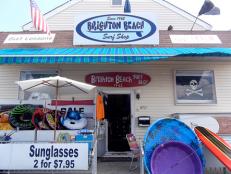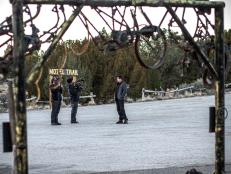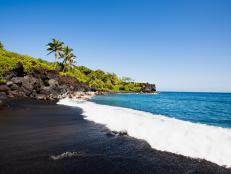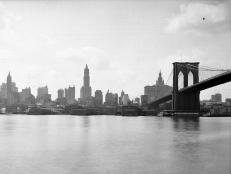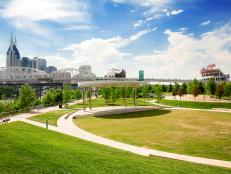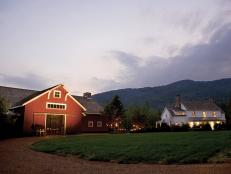The Best of Brazil's Bahia

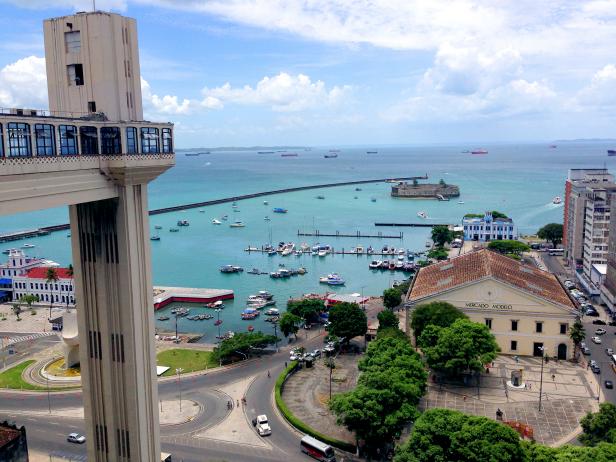
Kwin Mosby
The soul of Brazil is said to be north, in the state of Bahia. When you stand in the center of its capital, Salvador, listening to the rhythmic beat of African drums, you'll know it's true. The birthplace of samba and capoeira, Bahia is the country's pulsing epicenter of Afro-Brazilian culture. So while everyone is flocking to Rio and its famed Copacabana Beach to soak up the sun, head north to Bahia to soak up a warm, vibrant culture.
The Islands of Baia de Todos os Santos
Salvador sits on Baia de Todos os Santos, or All Saints' Bay, which is populated by more than 50 small, stunning islands perfect for quick beach getaways. Take a schooner from Terminal Maritimo de São Joaquim to tour 2 of the most popular islands, Frades and Itaparica. Find the perfect perch along the shore on Frades, especially near one of the huts serving caipirinhas, Brazil’s national drink, and fresh seafood on Ponta de Nossa Senhora beach. You can bathe in the bay's warm tranquil water here or on Itaparica.
But the water that may most interest you on Itaparica is the water that flows from the Fonte da Bica, a fountain of youth in its old colonial town. The carbonated, mineral-rich water has been sought after for centuries by the infirm or just plain vain. If consuming the coppery-tasting water doesn’t make you feel particularly youthful, then maybe the horseback riding, diving and windsurfing found around the island will.
Salvador and the Historic Pelourinho
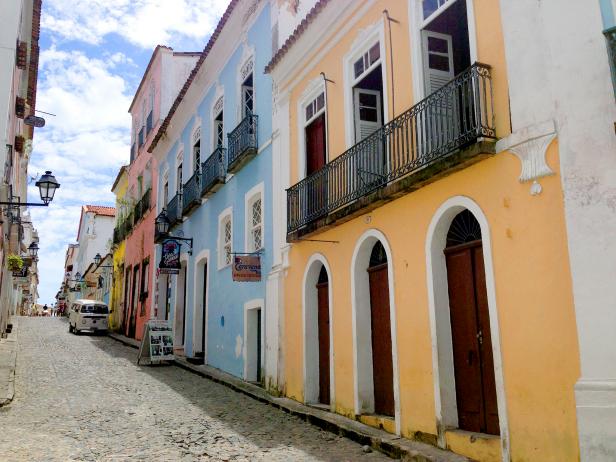
Kwin Mosby
Salvador is a mash-up of old and new, African and European. The best of each come together to create an unforgettable stew of music, culture and dance. Walking along the cobblestone streets, woven between pastel-colored buildings with wrought-iron balconies, reveals Salvador's beginnings as Portugal's first colonial city in Brazil. The Portuguese brought African slaves when they arrived in the 1500s, and the slaves brought traditions that remain to this day.
The city is even divided by old and new, with the historic town center of Pelourinho in Upper Salvador, where, in the shadow of old Catholic churches, you can see bare-chested men twist, contort and fling their bodies in capoeira displays traced back to Africa. Take the Elevador Lacerda, a concrete-encased elevator, down to the lower and more modern Salvador, where you can sample acarajé, an African-inspired street food of crispy fritters made with black-eyed peas and shrimp, in Mercado Modelo. Bahian handicrafts and art may catch your eye while in the open marketplace, too.
If it's a Tuesday night, you won't want to miss Terca da Bençao, or Blessed Tuesday, when Afro-Brazilian drummers take over Pelourinho, leading a procession of dancing tourists and locals through the city's center and depositing them in packed bars along the way.
Candomblé and Cachoeira
Away from the coast, about 70 miles inland, lies Cachoeira, a quaint old colonial village that's surrounded by tobacco and sugarcane plantations, where Brazil's slaves once worked the land and their religion, Candomblé, blossomed. In an attempt to maintain their West African Yoruba rituals, slaves paired their gods and goddesses, known as orishas, with Catholic saints, seeing similarities between St. George and Ogun, their god of war.
In a small community nestled in the rolling green hills of Cachoeira on the Paraguacu River, you can visit the women who still practice this Afro-Catholic religion. The Sisterhood of the Boa Morte sings the songs of its ancestors and pays homage to female spirits Oshun, the deity of rivers and fertility, and Yansan, the deity of wind, lightning and thunder.
A walk through the town's market and woodcraft shops hint at Cachoeira's past as a major agricultural outpost, and a visit to the Dannemann Cigar Factory showcases the prominence of tobacco in particular. Here, you can watch local women hand-roll the town’s popular export.
MORE: The History of the Samba
